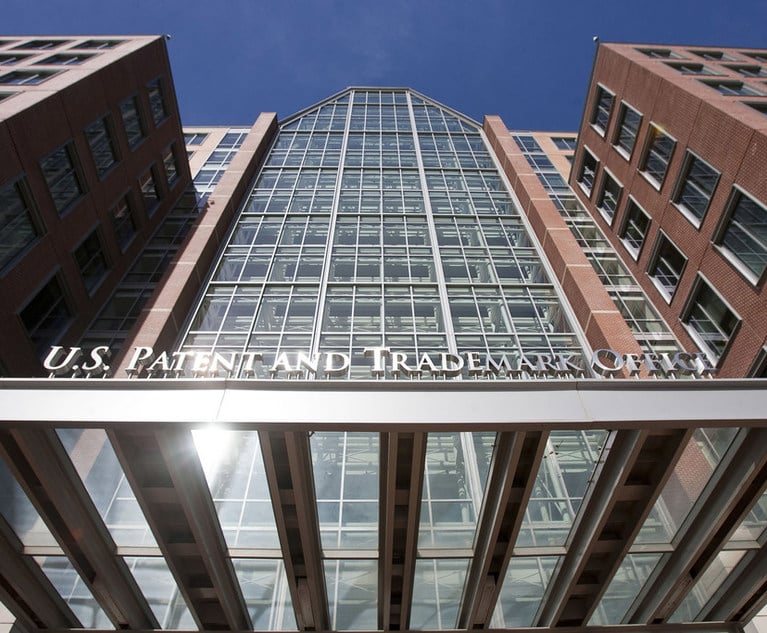On June 29, the U.S. Supreme Court issued a 5-4 decision in Minerva Surgical, Inc. v. Hologic, Inc., No. 20-440 (June 29, 2021) (slip opinion). Minerva involves a challenge to the “assignor estoppel” doctrine, which is an equitable or “court-created” rule that prevents a party who assigned a patent from later challenging the validity of the assigned patent in district court. The Court first gave the doctrine its seal of approval in 1924, by ruling that principles of fair dealing should limit an inventor’s ability to assign a patent to another for value and then later argue in litigation that the patent is invalid. Westinghouse Elec. & Mfg. Co. v. Formica Insulation Co., 266 U.S. 342, 349 (1924).
Now, nearly a century later, the Court ruled that it is time to narrow the scope of assignor estoppel. In its decision authored by Justice Elena Kagan, the Court concluded that assignor estoppel applies “when, but only when, the assignor’s claim of invalidity contradicts explicit or implicit representations he made in assigning the patent.” Minerva, slip op. at 1









